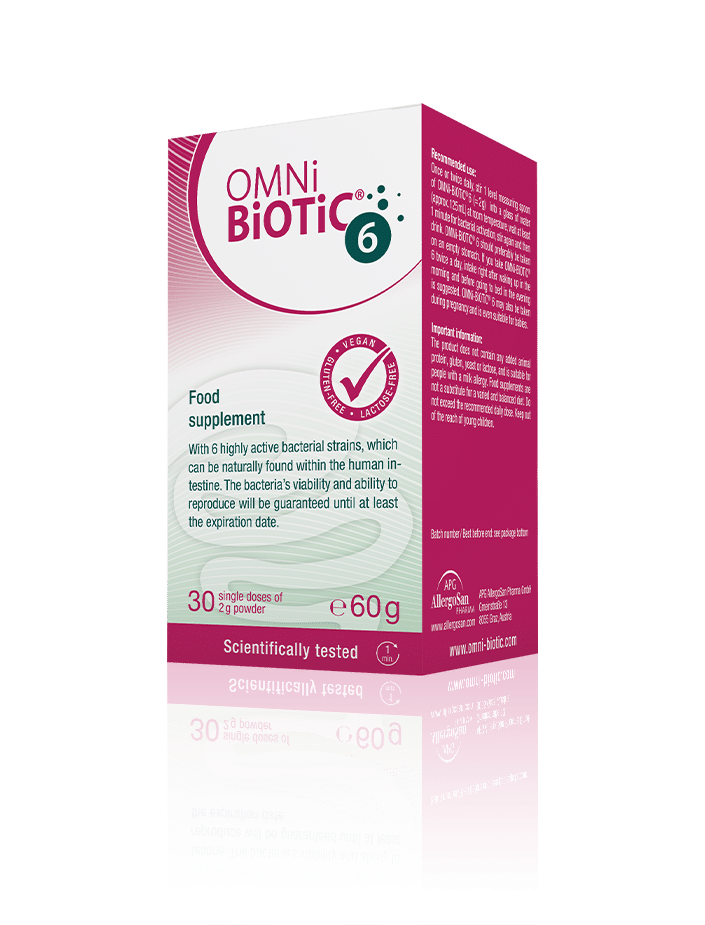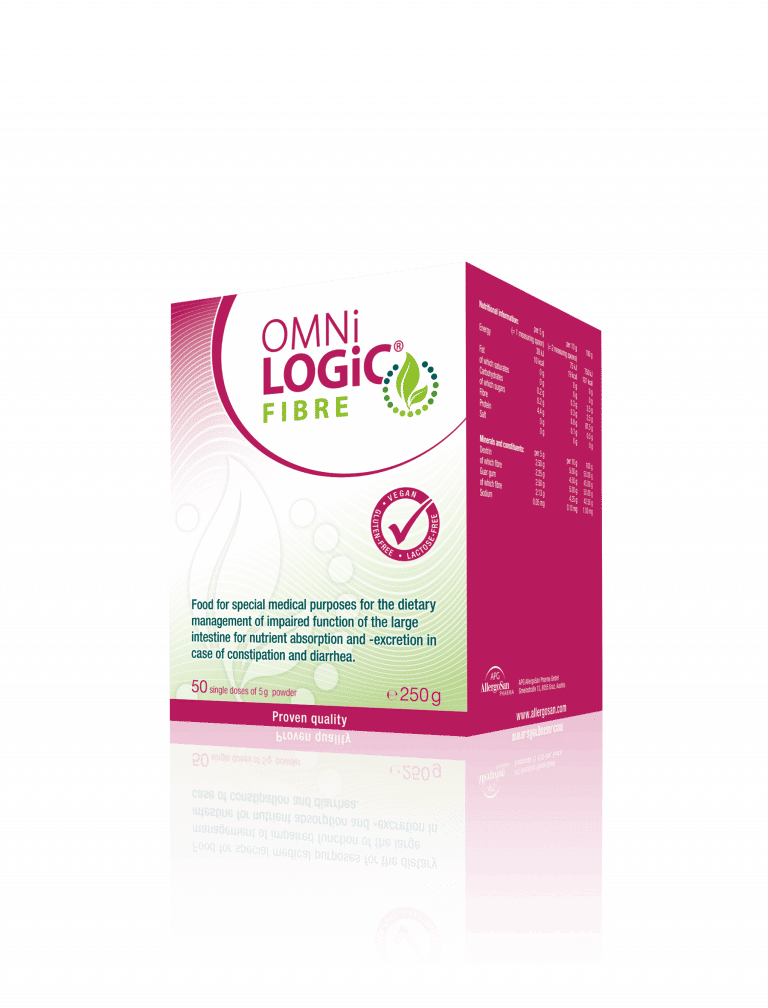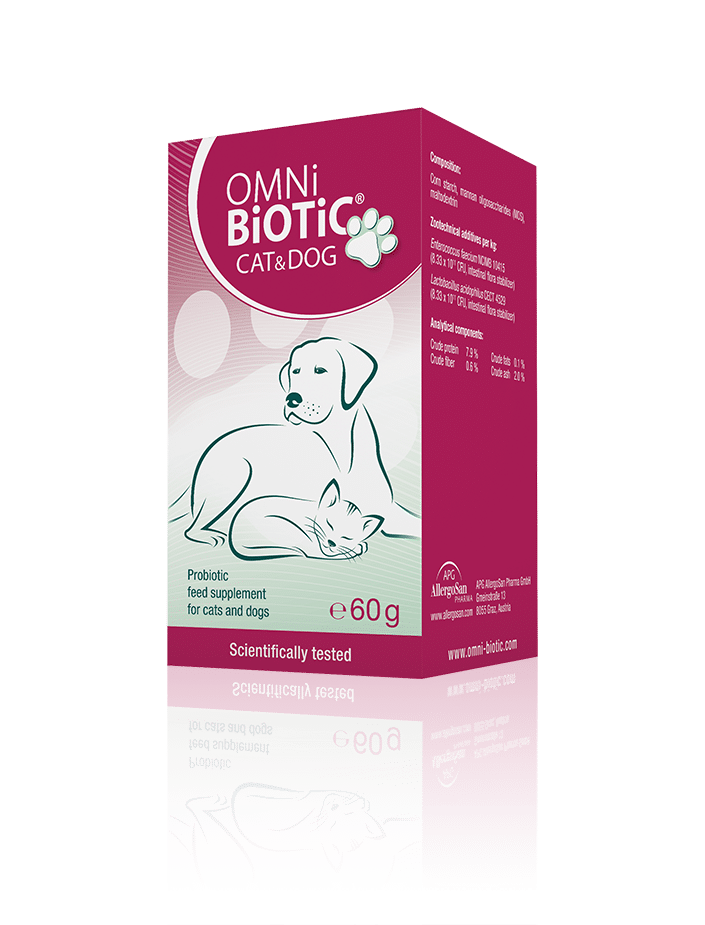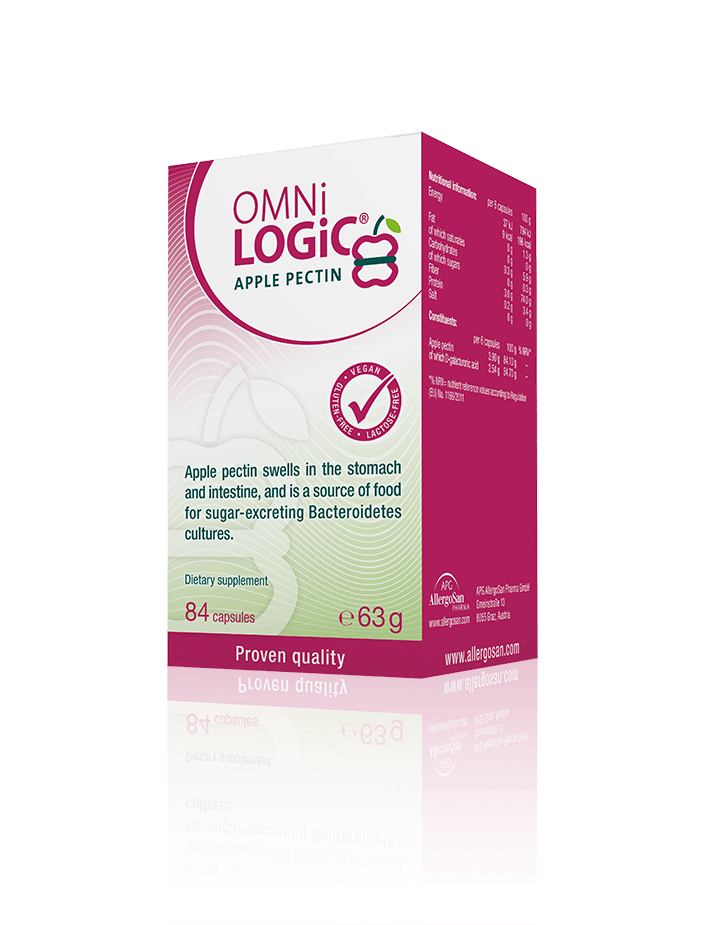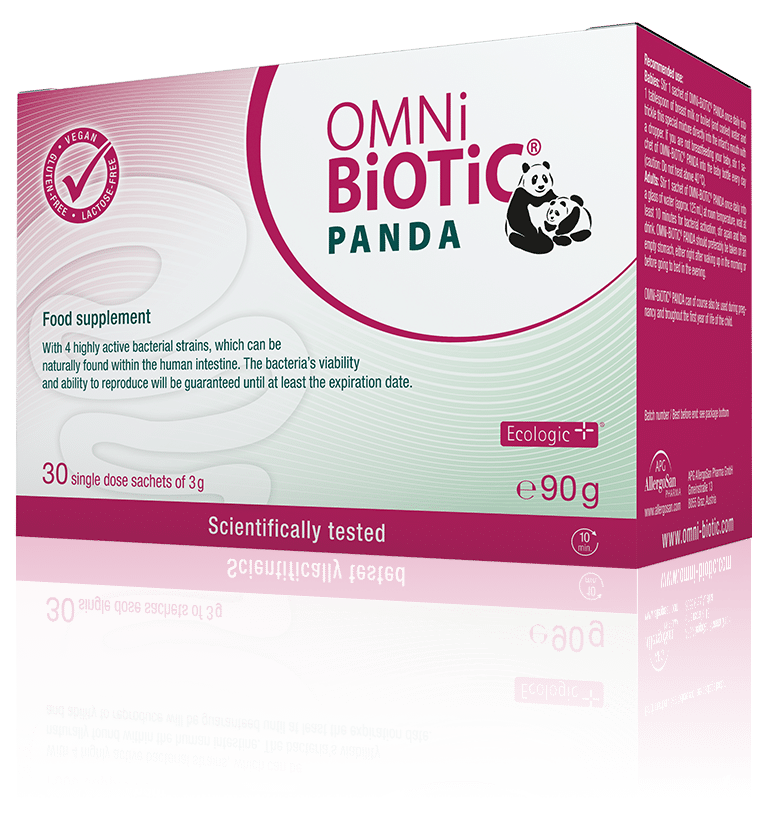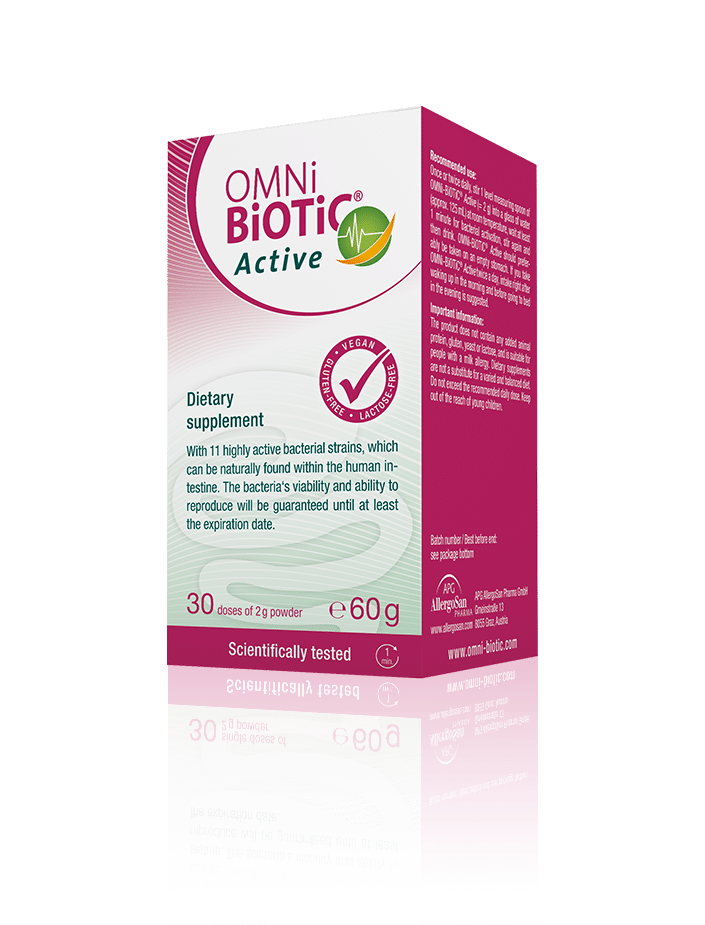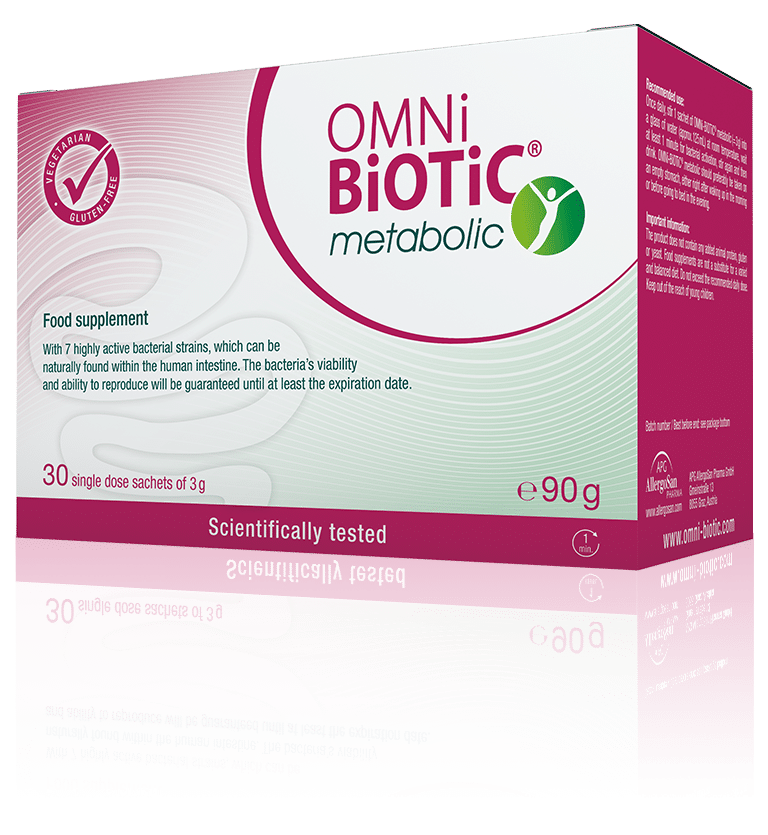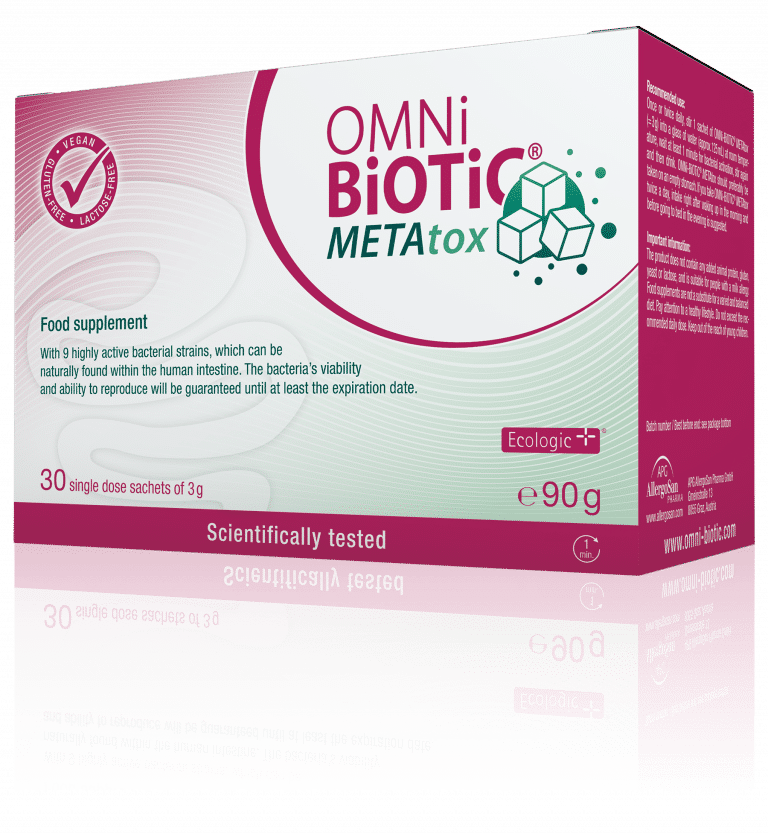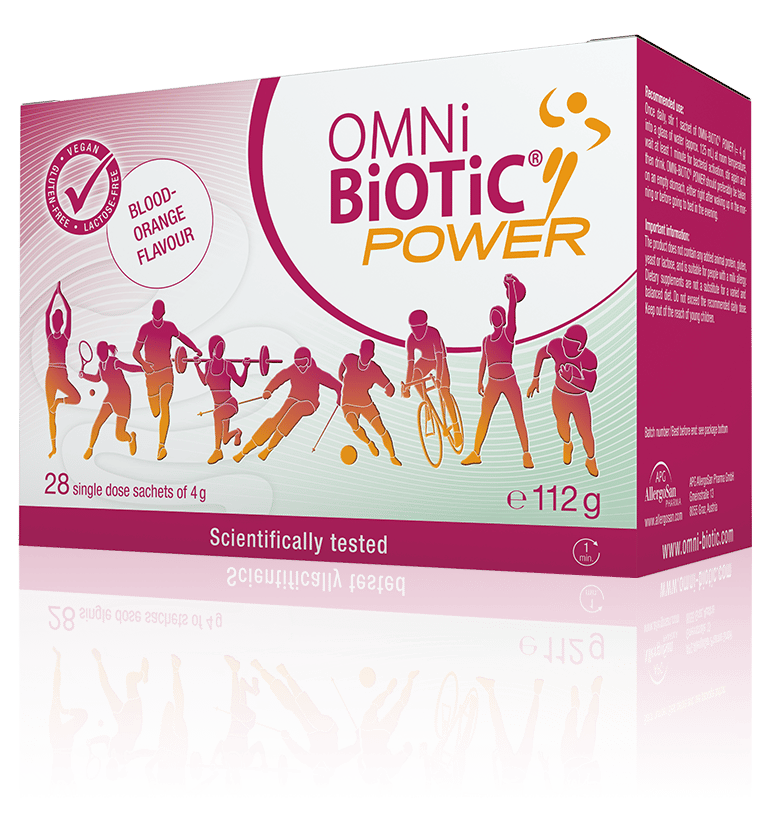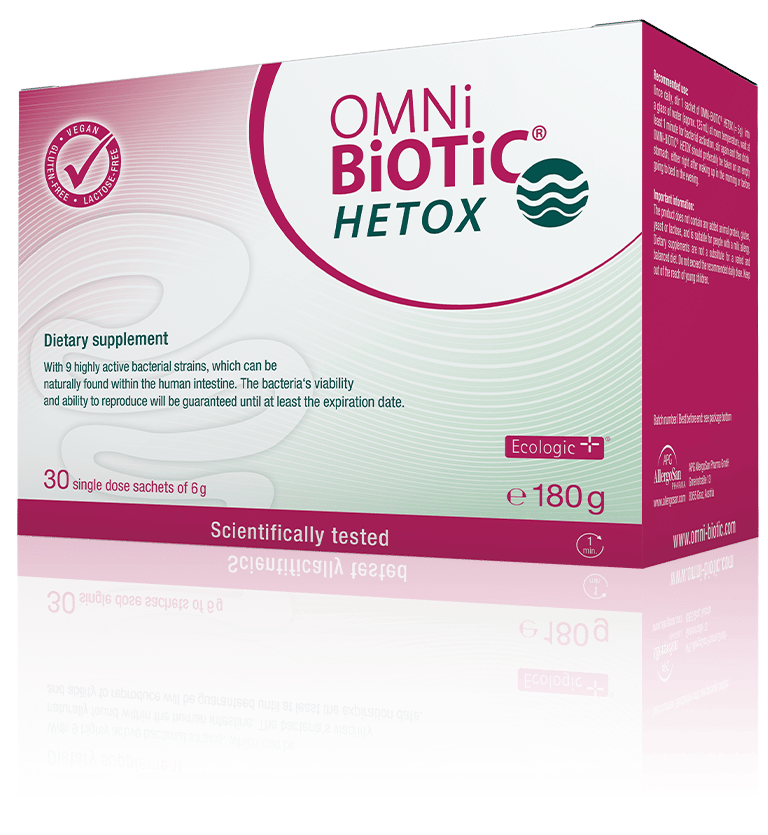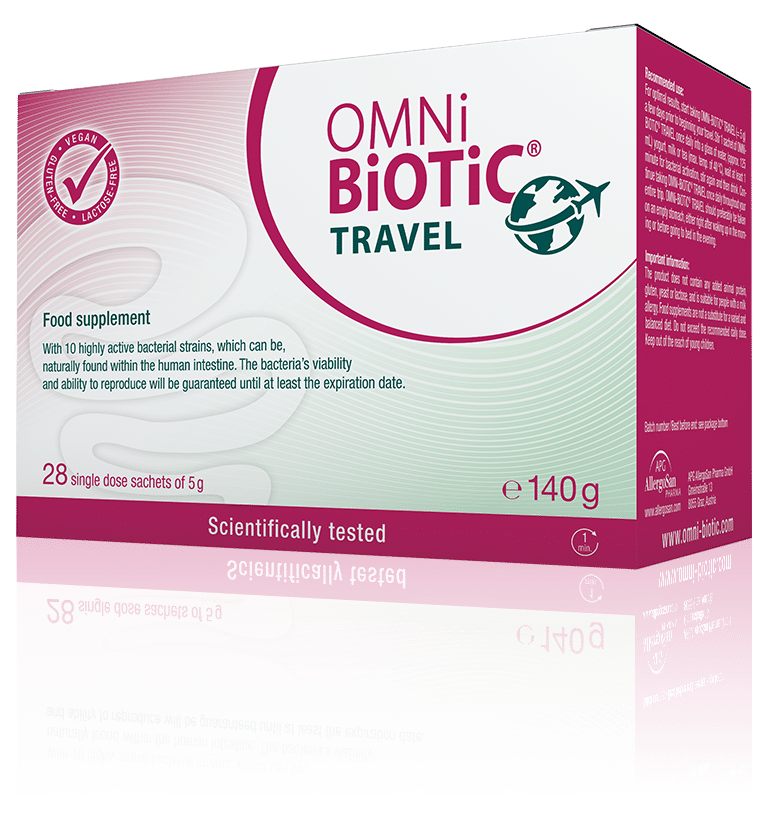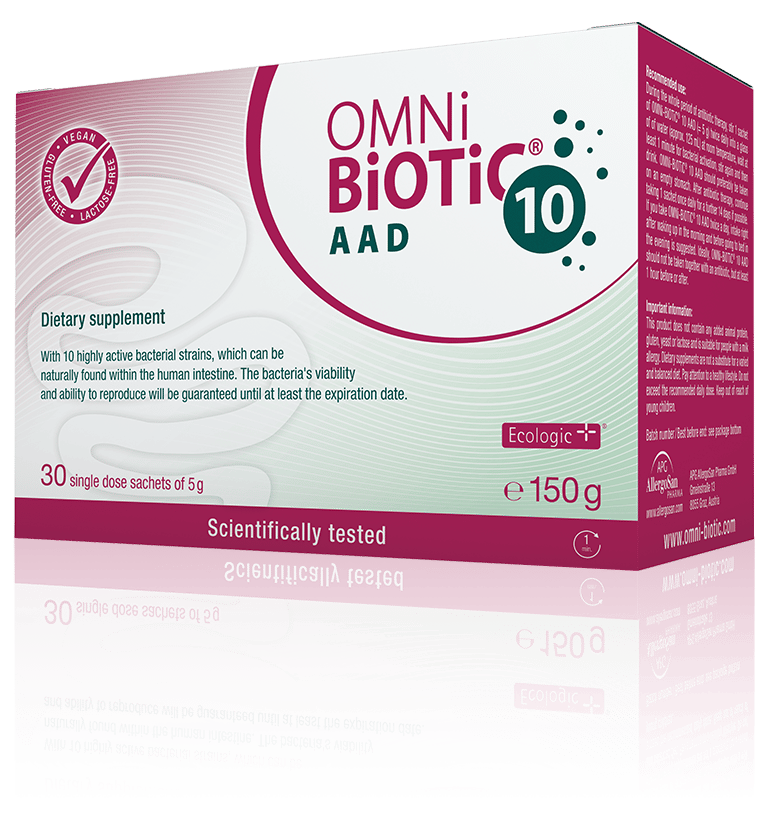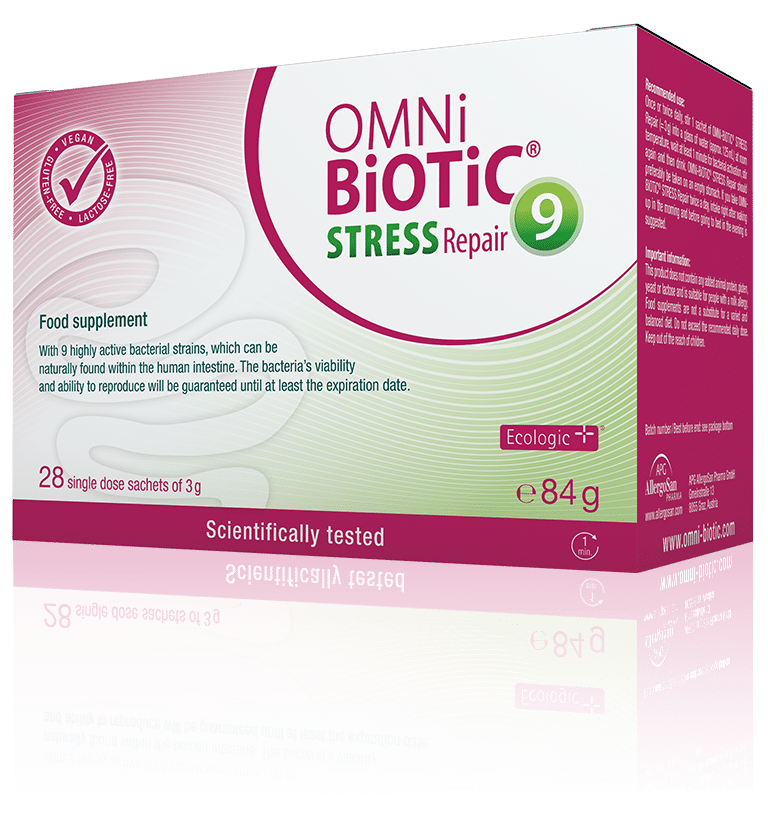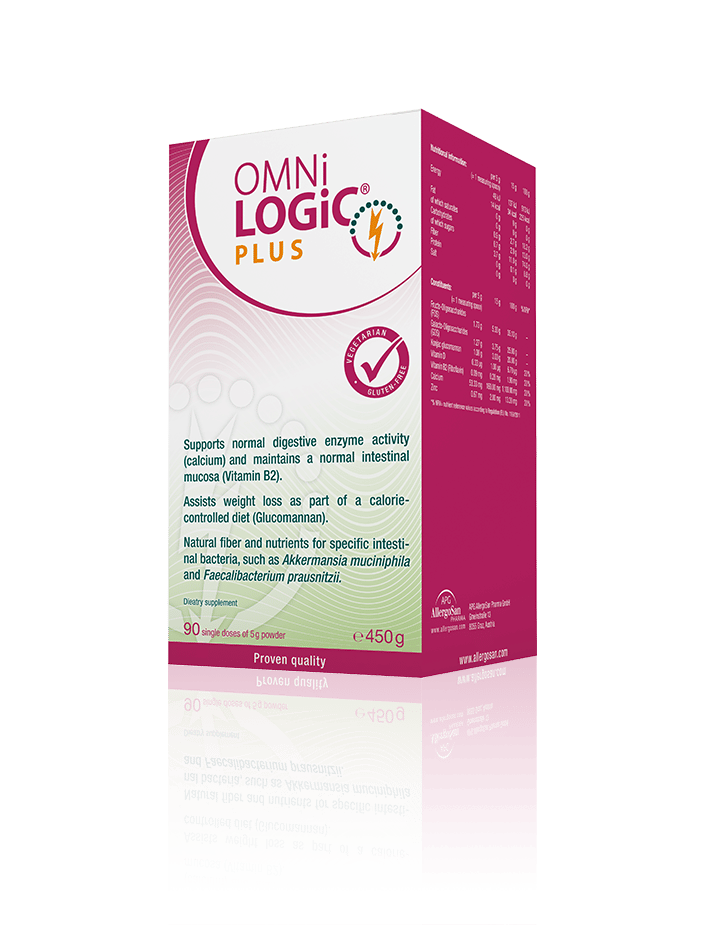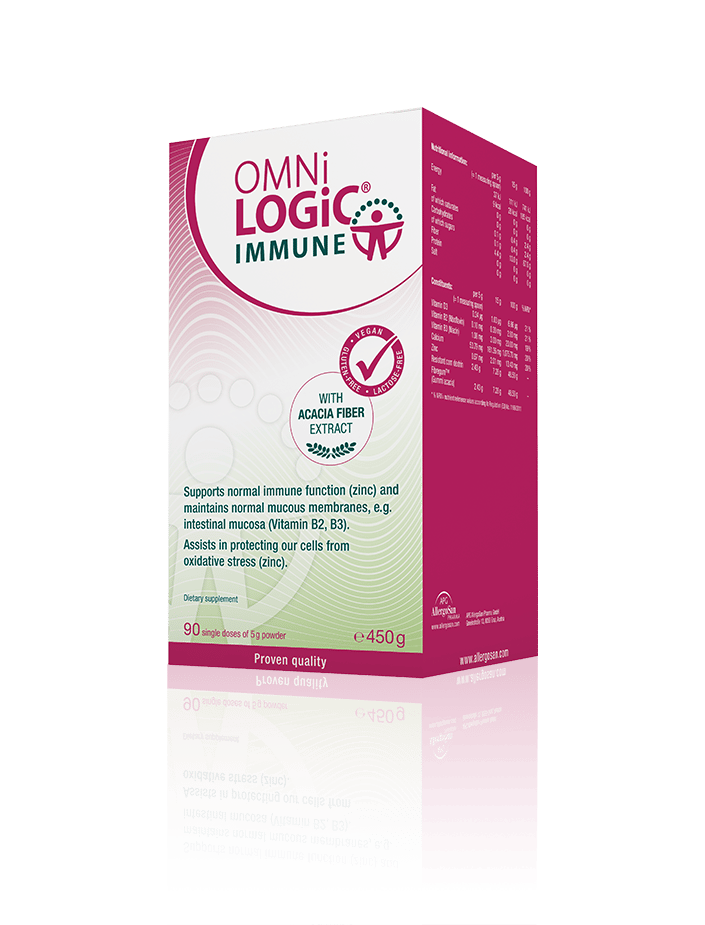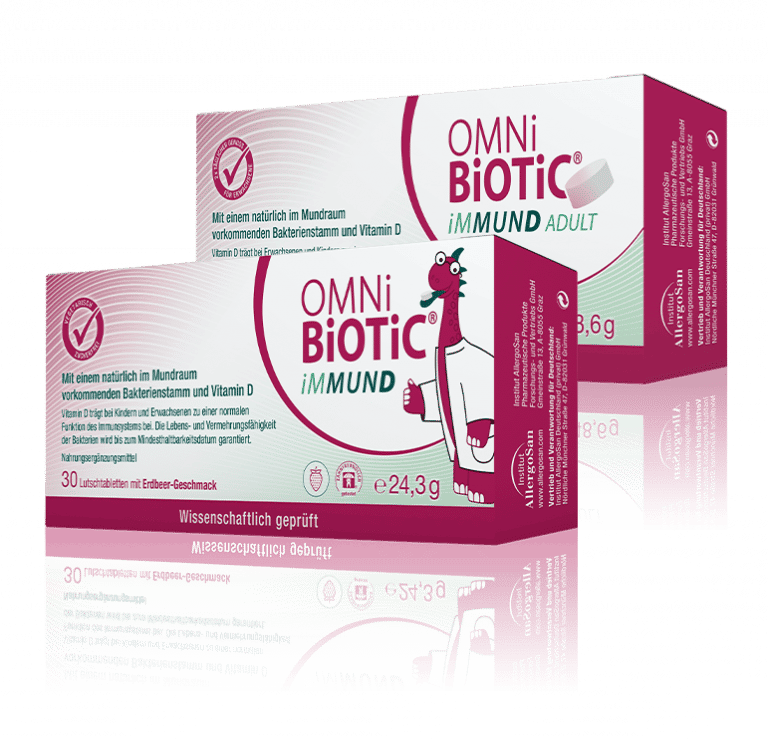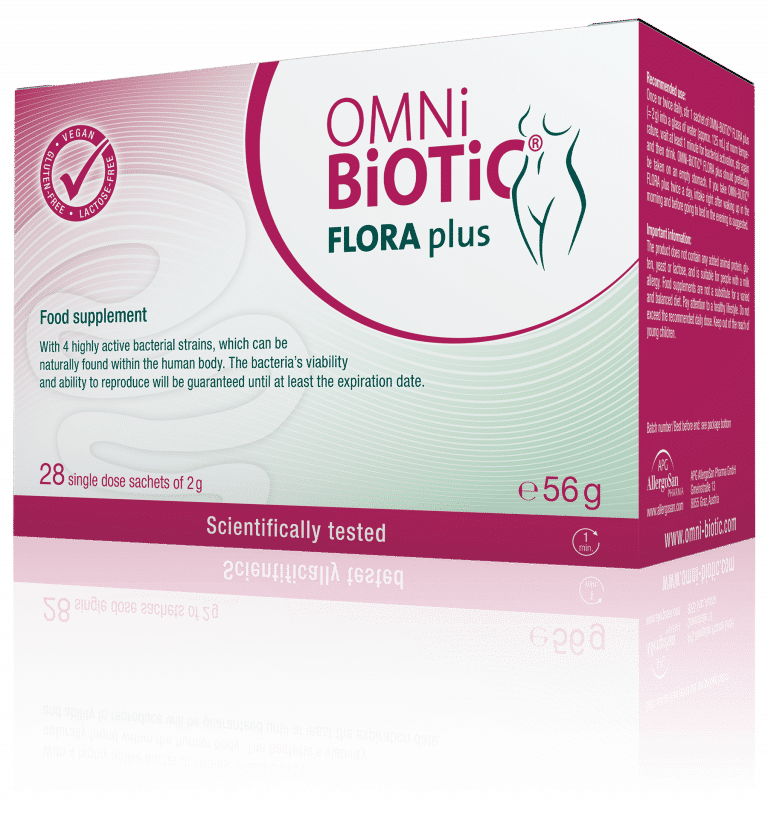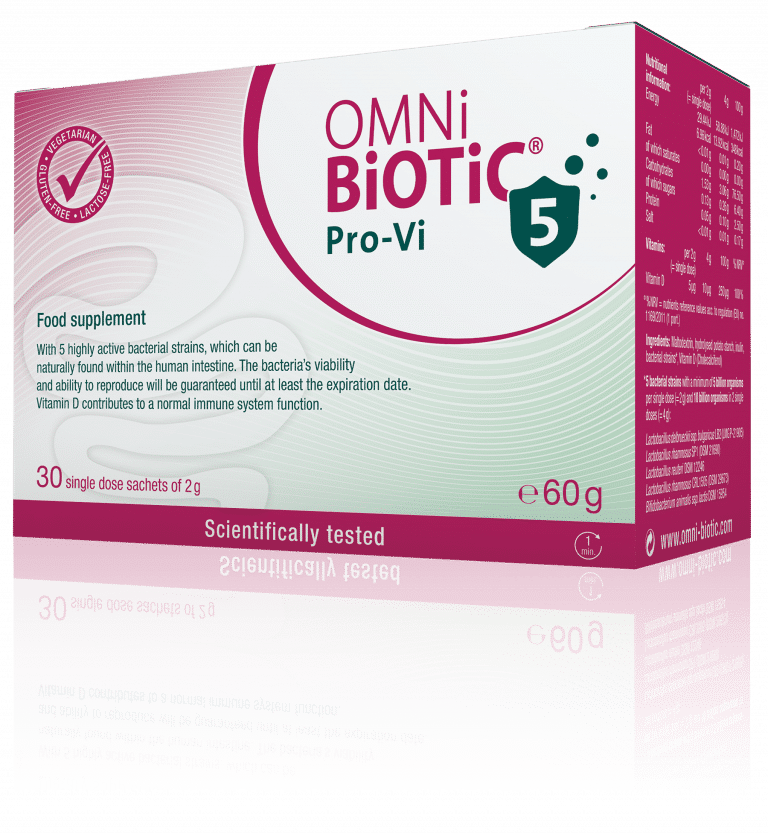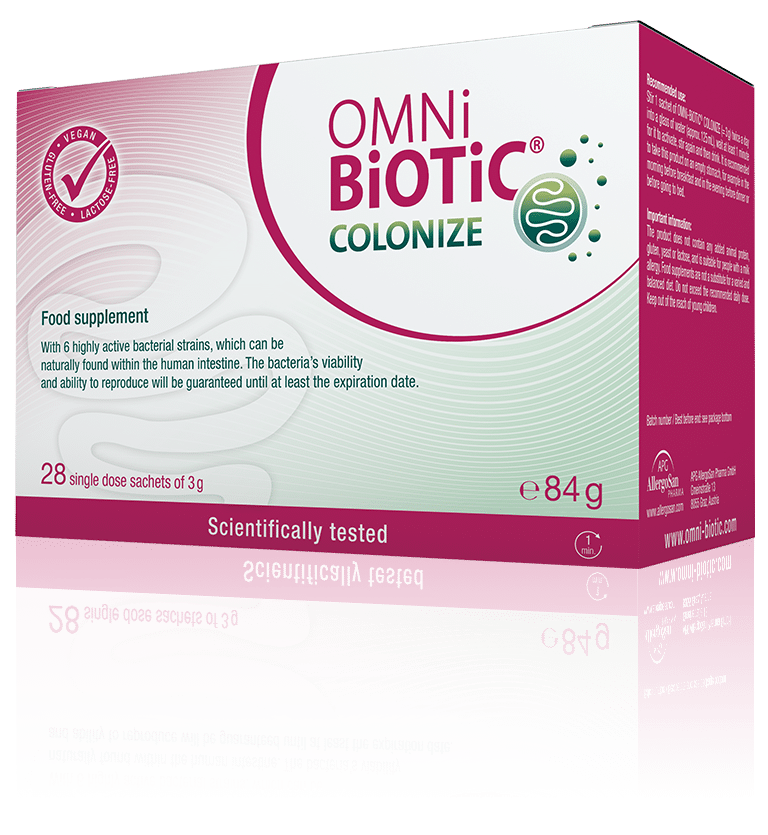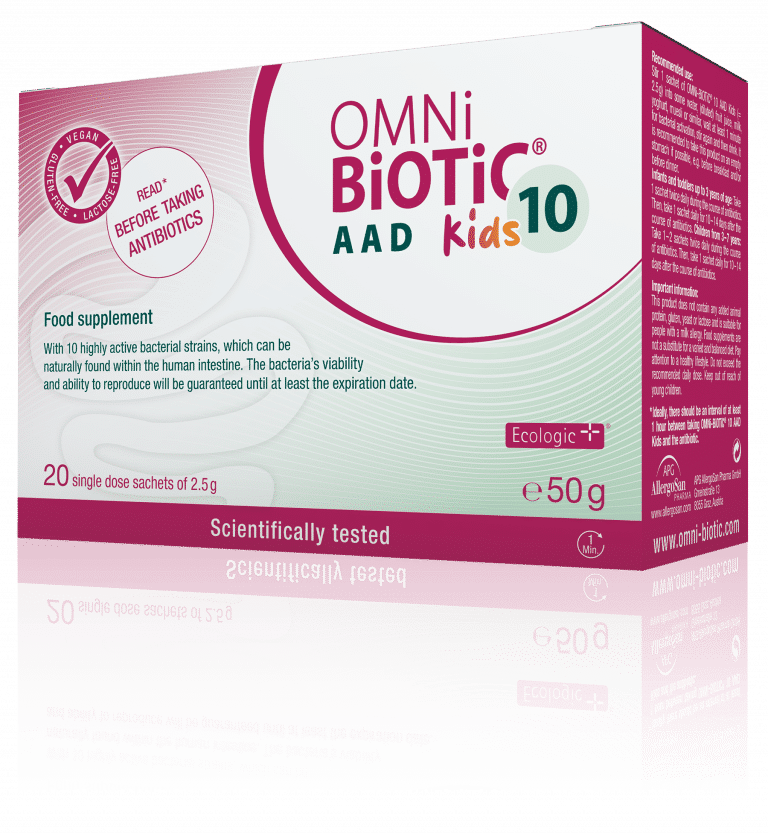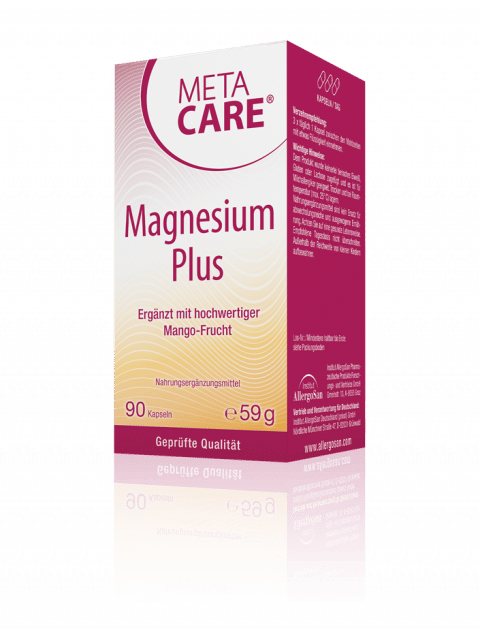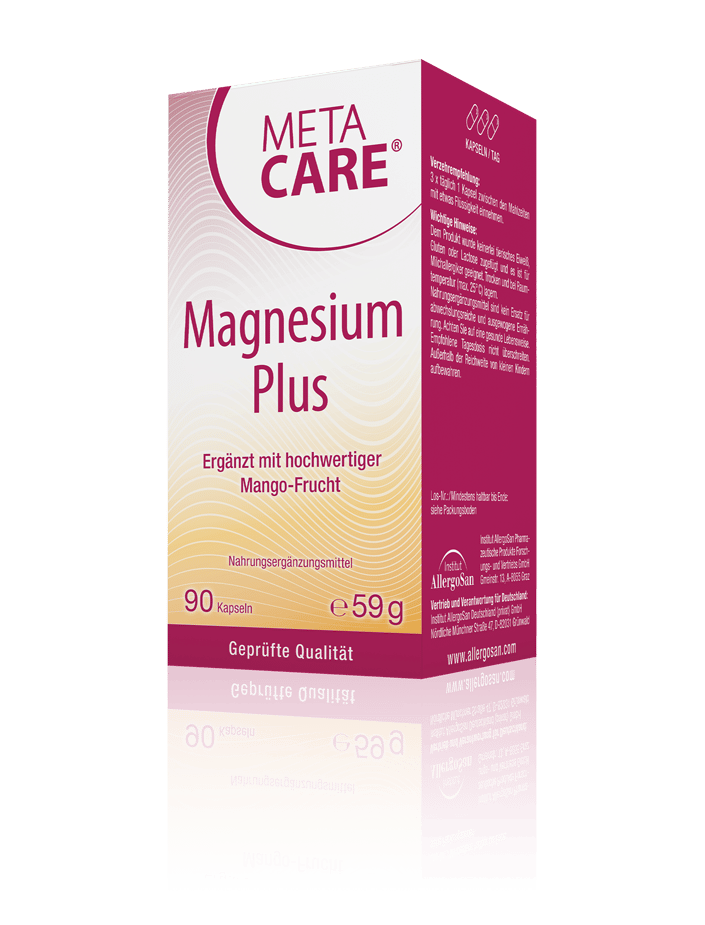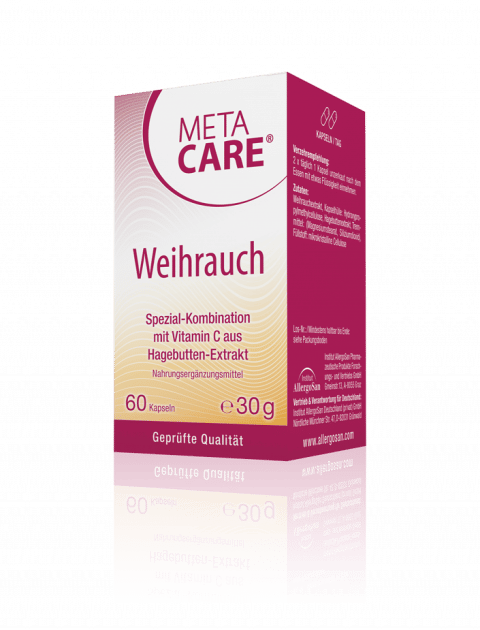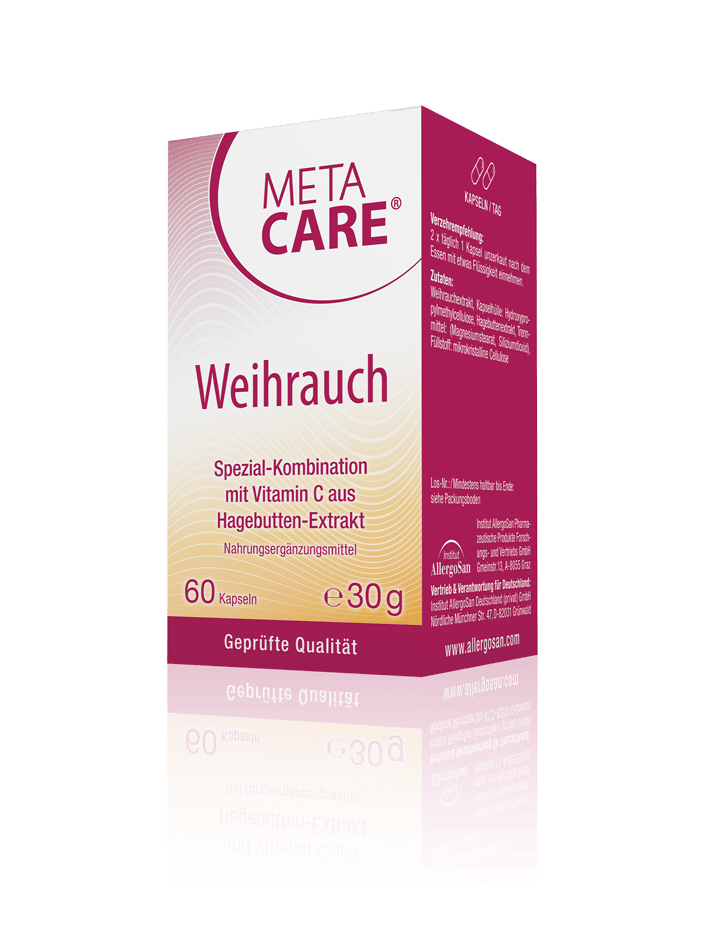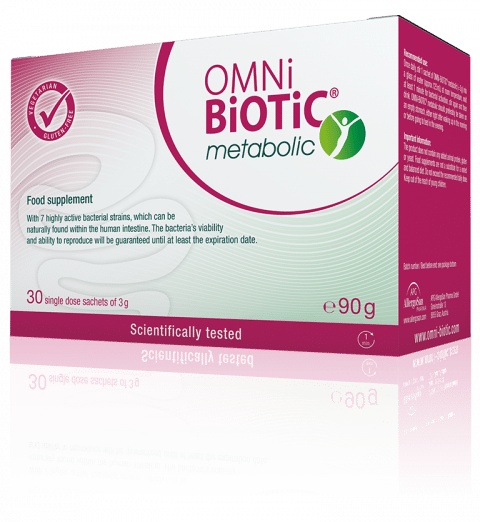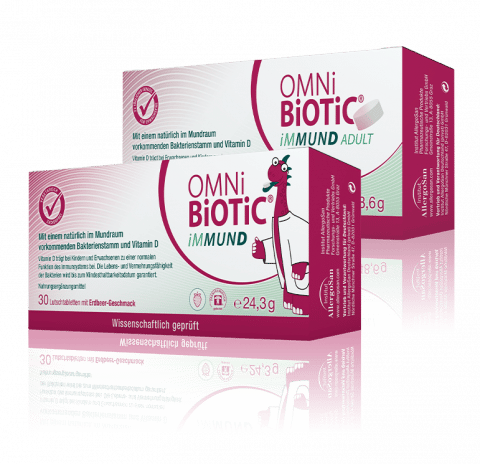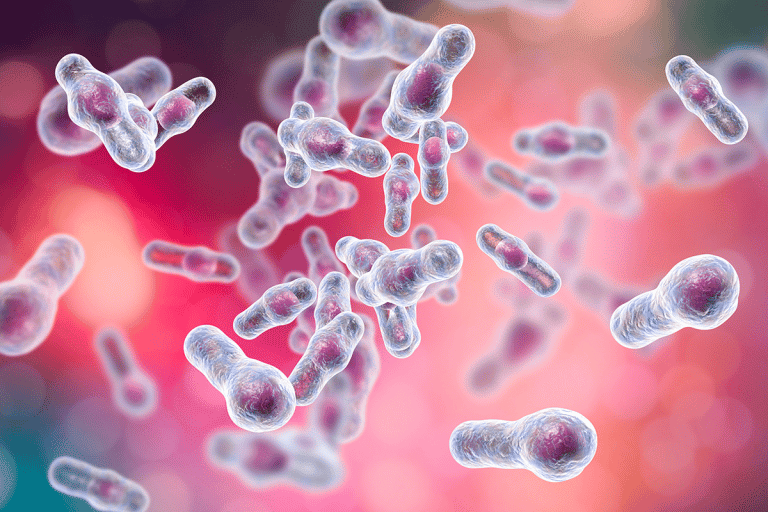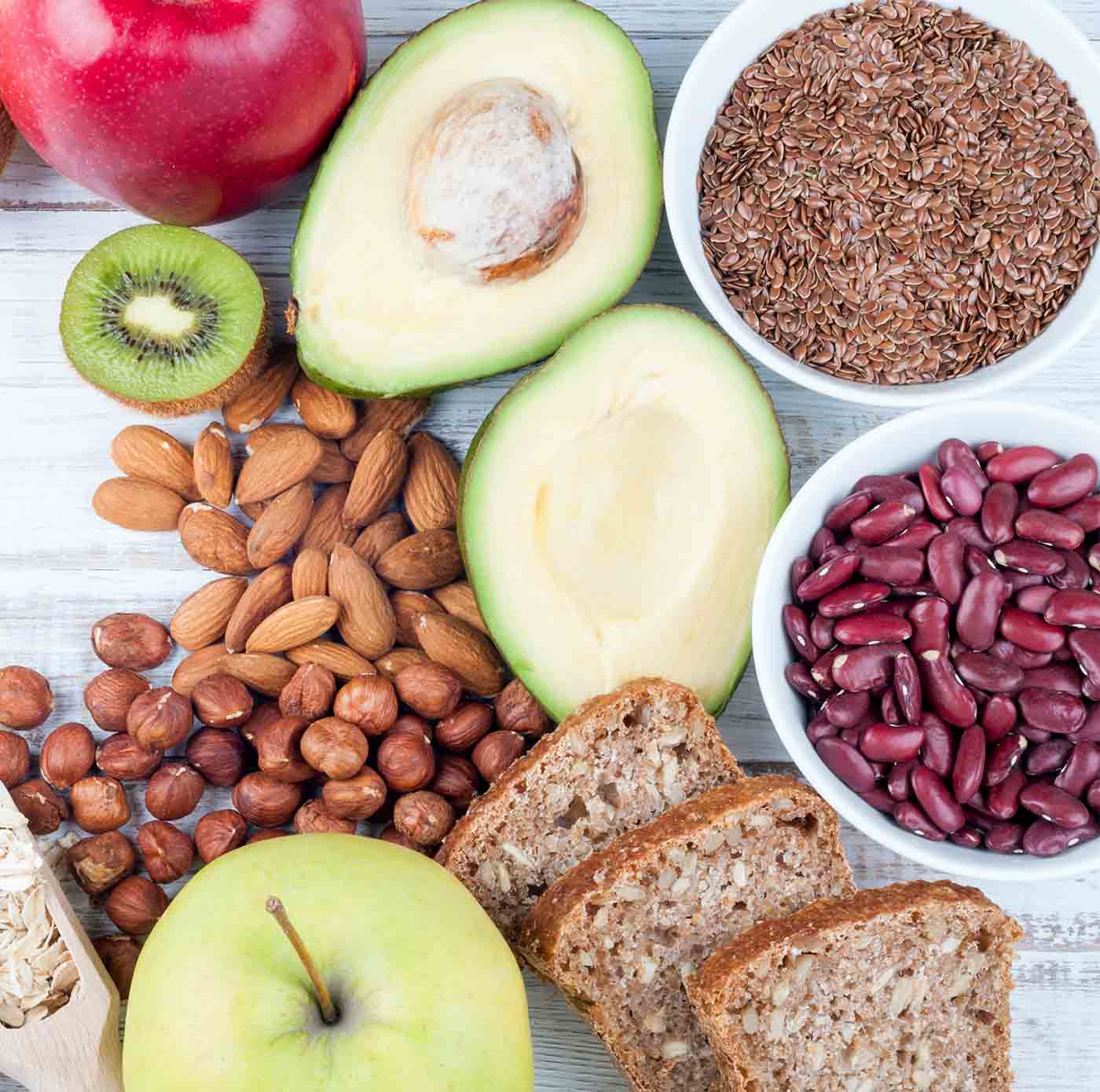
Prebiotics
Unlike probiotics, prebiotics are not living organisms. They are dietary fibres, such as inulin or fructose oligosaccharides, which cannot be broken down and digested in the small intestine and thus reach the large intestine intact.
There, they serve as a substrate for the intestine's own healthy bacteria. Prebiotics promote the growth of bifidobacteria and reduce the colonisation of potentially harmful bacterial species. Bacterial fermentation of prebiotics produces short-chain fatty acids, which are absorbed and metabolised in the liver and are thus available to the organism as an energy source.

The effect of prebiotics is based on stimulating the growth of bifidobacteria and lactobacilli and consequently the production of short-chain fatty acids, which lowers the pH in the intestine and thus increases the solubility of certain minerals and enhances the absorption of calcium, magnesium, sodium and phosphorus. Prebiotics block the binding of harmful bacteria because they resemble the binding sites on intestinal cells.
"Bad" germs bind irreversibly to prebiotics and can subsequently be excreted from the body. Thus, for example, there is a reduction in the growth of diarrhoeal pathogens such as Clostridium difficile and the penetration of pathogenic germs into the intestinal mucosa is reduced. The short-chain fatty acids formed are also a source of energy for the intestinal mucosa of the colon and inhibit inflammatory reactions.
Synbiotics
Due to the various positive interactions of the pre- and probiotics with the intestinal flora and the intestinal immune system, the combination of these active substances is recommended. Synbiotics represent a combination of pro- and prebiotics. They usually consist of one or more bacterial strains in combination with the substrates to be used for them, the prebiotics. Prebiotics serve as protection for the probiotic bacteria from stomach and bile acids during their passage through the digestive tract and enable optimal colonisation in the intestine.
Optimal intestinal health - namely by colonising the gut with the "right" bacteria - forms an ideal basis for a vital life.
